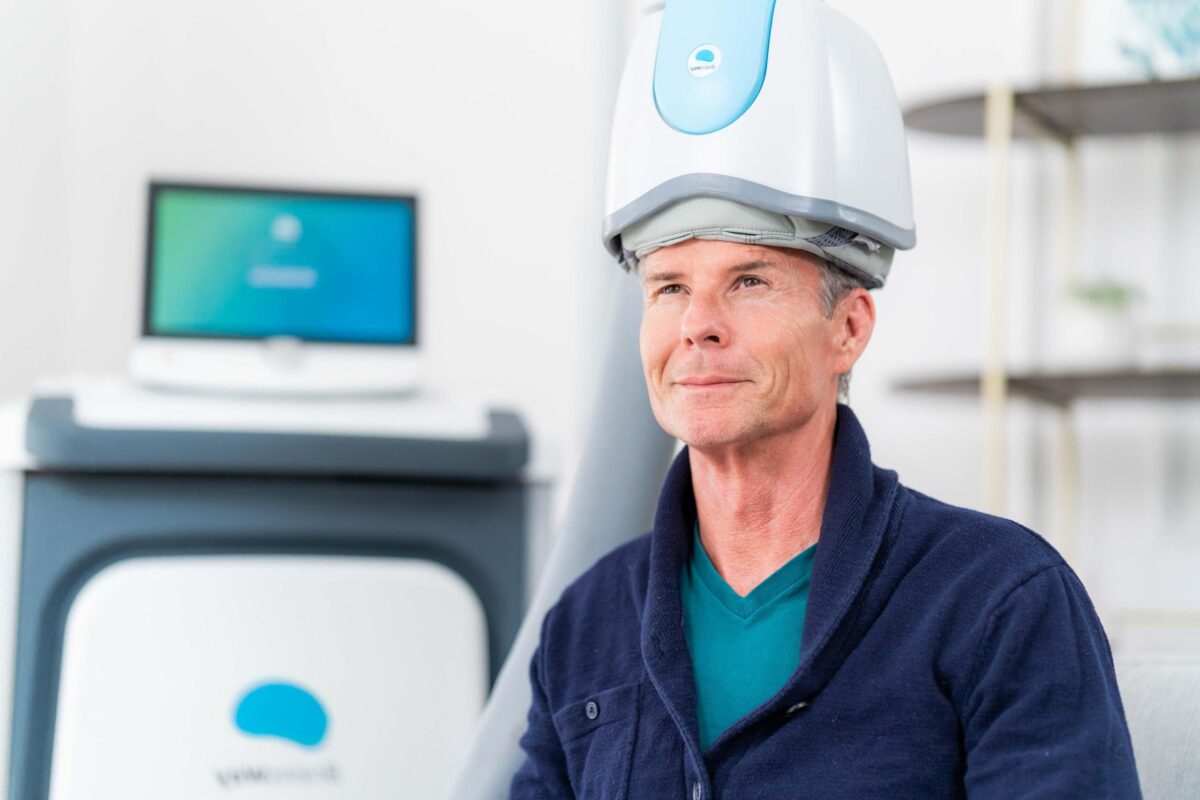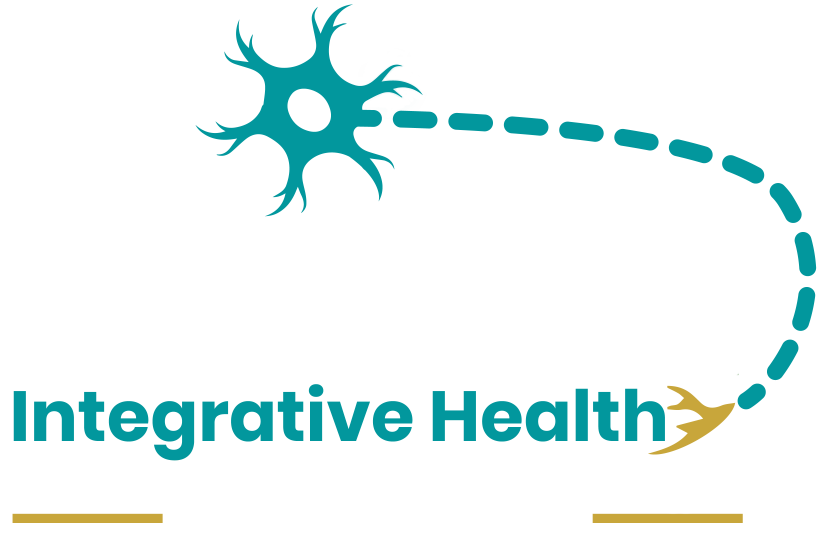Dizziness and balance problems can significantly impact an individual’s quality of life, making even the simplest tasks feel challenging. At Axon Integrative Health in Denver, Colorado, our team of experienced doctors is dedicated to providing comprehensive assessment, diagnosis, and treatment for those experiencing dizziness and balance issues. In this article, we will delve into the causes of dizziness and balance problems, how they are diagnosed, and the various treatment options available.
Understanding Dizziness and Balance Problems
Dizziness is a sensation of unsteadiness, lightheadedness, or feeling like the surroundings are spinning (vertigo). Balance problems, on the other hand, refer to difficulties in maintaining equilibrium or stability while standing or walking. These issues can result from a wide range of factors, affecting different systems within the body.
Balance comes from three separate systems working in synergy together:

- Vision System: crucial for maintaining balance by visualizing the level horizon (we can experience fatigue, emotion dysregulation, and anxiety if we continually perceive off-level).
- Vestibular System: inputs tell your brain which direction you are accelerating in, this is why you feel movement while speeding up in the car but it dissipates as you remain at a certain speed (this can cause the feeling of movement, continuously or exaggerated).
- Proprioception: comes from tiny receptors in your joints, for balance these are mainly in the ankles, spine, and upper neck (slightly off balance can cause tightness in these muscles and lead to headaches)
Common Causes
Several factors can contribute to dizziness and balance problems, including:
- Inner ear disorders: The inner ear plays a crucial role in maintaining balance. Conditions such as benign paroxysmal positional vertigo (BPPV), Meniere’s disease, or vestibular neuritis can disrupt inner ear function, leading to dizziness and balance issues.
- Perceptual Disturbances: Sometimes the transmission or perception of balance is disrupted in the cortical area of the brain. The inner ear structures transmit the signals correctly however the reception is off, much like a bad game of “telephone”.
- Neurological conditions: Disorders affecting the brain or nervous system, such as Parkinson’s disease, multiple sclerosis, or migraines, can contribute to dizziness and balance problems.
- Cardiovascular issues: Conditions like orthostatic hypotension (a sudden drop in blood pressure upon standing) or heart arrhythmias can cause dizziness due to insufficient blood flow to the brain.
- Medications: Certain medications, including blood pressure medications, sedatives, or antidepressants, may cause dizziness or balance issues as side effects.
- Dehydration and electrolyte imbalances: Insufficient fluid intake or loss of essential minerals like sodium and potassium can lead to dizziness and balance problems.
Diagnosis
A thorough assessment is necessary to identify the underlying cause of dizziness and balance issues. At Axon Integrative Health, our doctors will:
- Take a detailed medical history, including information about the onset, frequency, and duration of symptoms
- Perform a physical examination, including a neurological assessment and evaluation of balance and coordination, vertebrobasilar system, and more.
- Conduct specialized tests to evaluate visual, proprioceptive, and inner ear function, such as the Dix-Hallpike maneuver, electronystagmography (ENG), Clinical Test of Sensory Integration of Balance (cTSIB), Computerized Assessment of Balance (CAPs), Cervical Stress testing, or videonystagmography (VNG)
- Order additional diagnostic tests, such as blood tests, imaging studies, or heart monitoring, depending on the suspected cause of the symptoms
Treatment Options for Dizziness and Balance Problems
The treatment approach for dizziness and balance problems depends on the underlying cause. At Axon Integrative Health, our team is committed to providing personalized and evidence-based interventions. Treatment options may include:
- Vestibular rehabilitation therapy (VRT): VRT is a specialized form of physical therapy designed to improve balance, reduce dizziness, and enhance overall function. It involves a series of exercises targeting the vestibular system, which helps the body maintain equilibrium.
- Sensory Motor Integration
- Neuromuscular ReEducation
- Medication management: Depending on the underlying cause, our doctors may prescribe IV medications to alleviate symptoms, such as anti-vertigo drugs, anti-nausea medications, or medications to address the root cause of the dizziness and balance problems.
- Lifestyle modifications: In some cases, lifestyle changes like hydration management, stress reduction, or dietary modifications can help improve symptoms of dizziness and balance problems.
- Treatment for underlying conditions: Addressing the root cause of dizziness and balance issues is essential. This may involve treating cardiovascular issues, adjusting medications, or managing neurological conditions.
- Assistive devices: For some individuals, using assistive devices like canes or walkers can provide additional support and improve safety while walking or performing daily activities.
- Counseling and education: Our team at Axon Integrative Health understands the impact dizziness and balance problems can have on a person’s emotional well-being. We offer guidance and education to help patients better understand their condition and develop effective coping strategies.
- Complementary and alternative therapies: In some cases, complementary and alternative therapies, such as acupuncture, yoga, Tai-Chi or relaxation techniques, may be recommended to support overall well-being and improve symptoms of dizziness and balance problems.
Preventing Dizziness and Balance Problems
While not all instances of dizziness and balance problems can be prevented, certain steps may help reduce the risk of experiencing these issues:

- Stay well-hydrated and maintain a balanced diet
- Exercise regularly to improve strength, flexibility, and coordination
- Manage stress through relaxation techniques or mindfulness practices
- Be cautious when taking medications that may cause dizziness or balance issues and discuss any concerns with your doctor
- Schedule regular check-ups with your healthcare provider to monitor your overall health and address any potential issues
Contact Axon Integrative Health for Dizziness and Balance Problems Support
If you are experiencing dizziness or balance problems, the team at Axon Integrative Health in Denver, Colorado, is here to help. Our experienced doctors are committed to providing comprehensive assessment, diagnosis, and intervention for individuals facing these challenges. To schedule a consultation, please call us at (720) 994-2966. Together, we can help you regain control over your symptoms and improve your quality of life.







